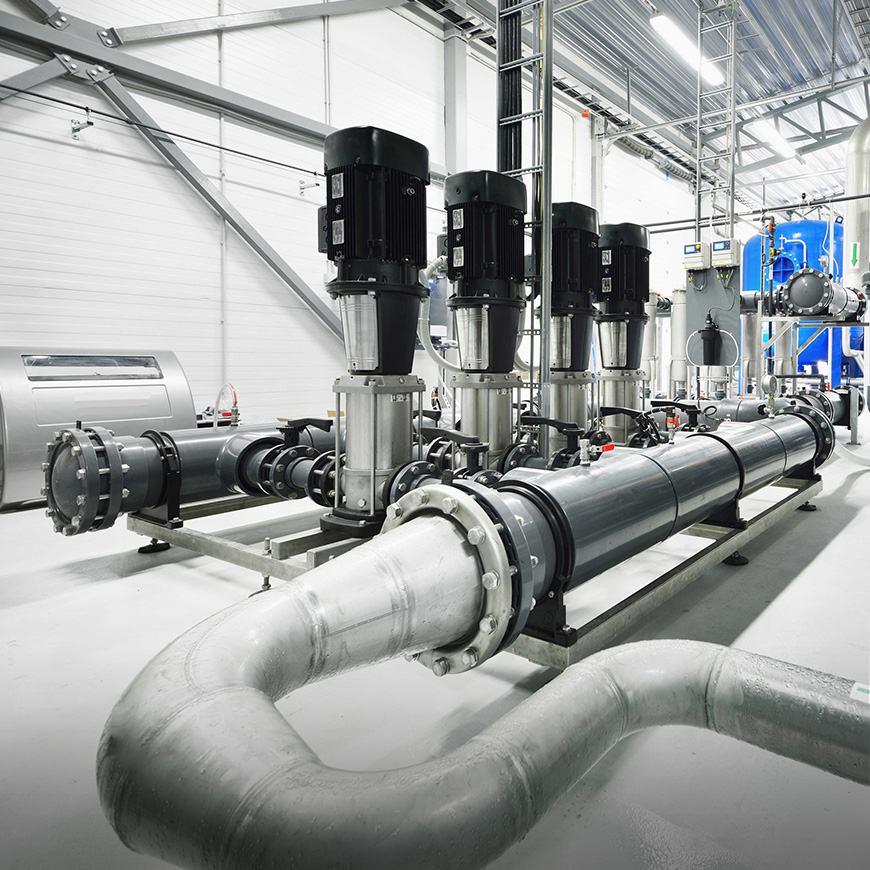When it comes to selecting the right piping material for industrial applications, we often find ourselves weighing the pros and cons of various options. At LESSO Malaysia, we understand that engineers and businesses need reliable, durable solutions for their projects. In this article, we will explore why PVC piping stands out compared to metal, concrete, and HDPE (high-density polyethylene) in industrial environments.

PVC piping, or polyvinyl chloride piping, is a popular choice in various industries due to its versatility and cost-effectiveness. Unlike metal pipes, which can corrode over time, PVC pipes resist rust and corrosion, making them ideal for applications involving water and chemicals. This durability translates to lower maintenance costs and longer service life, which is crucial for industrial operations.
One of the significant advantages of PVC piping is its lightweight nature. When we compare it to metal pipes, PVC is much easier to transport and install. This can lead to considerable savings in labor costs, especially for large-scale projects. Additionally, PVC does not conduct electricity, reducing the risk of electrical hazards in industrial settings.
Another aspect to consider is the resistance to scale and buildup. Metal pipes can develop rust and scale over time, which can significantly impair flow efficiency. In contrast, PVC maintains a smooth internal surface, ensuring optimal flow rates and reducing the need for frequent cleaning or replacement.
Concrete piping is often used for its strength, but it comes with considerable drawbacks. While concrete can withstand heavy loads, it is also prone to cracking and deterioration over time, especially in environments with fluctuating temperatures or chemical exposure. PVC piping, on the other hand, remains flexible and resilient, making it suitable for various applications without the risk of cracking.
Moreover, the installation of concrete pipes can be labor-intensive and time-consuming. PVC piping's lightweight and ease of handling can significantly speed up the installation process, allowing for quicker project completion.
High-density polyethylene (HDPE) pipes are another alternative we often encounter. While HDPE offers flexibility and resistance to certain chemicals, it can be more expensive than PVC piping. Additionally, HDPE is not as widely available in industrial-grade options as PVC is. LESSO Malaysia provides a variety of PVC piping solutions specifically designed for industrial applications, ensuring that our customers have access to high-quality materials that meet their needs.
Another consideration is the longevity of PVC compared to HDPE. PVC is known to have a longer lifespan under typical industrial conditions, which translates to better long-term investment value.
In conclusion, while each piping material has its advantages, PVC piping stands out in industrial applications due to its durability, cost-effectiveness, and ease of installation. At LESSO Malaysia, we are committed to providing high-quality PVC piping solutions tailored to the needs of engineers and businesses. By choosing PVC, you can ensure reliability and efficiency in your projects while minimizing maintenance costs. As you consider your piping options, we invite you to explore the benefits of PVC and see how it can enhance your operations.